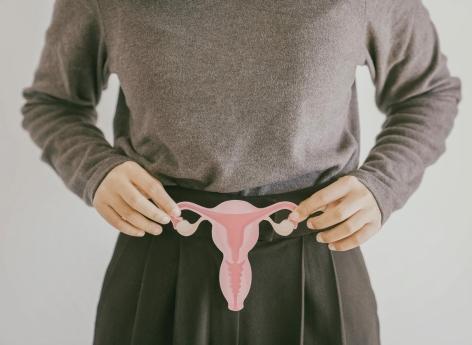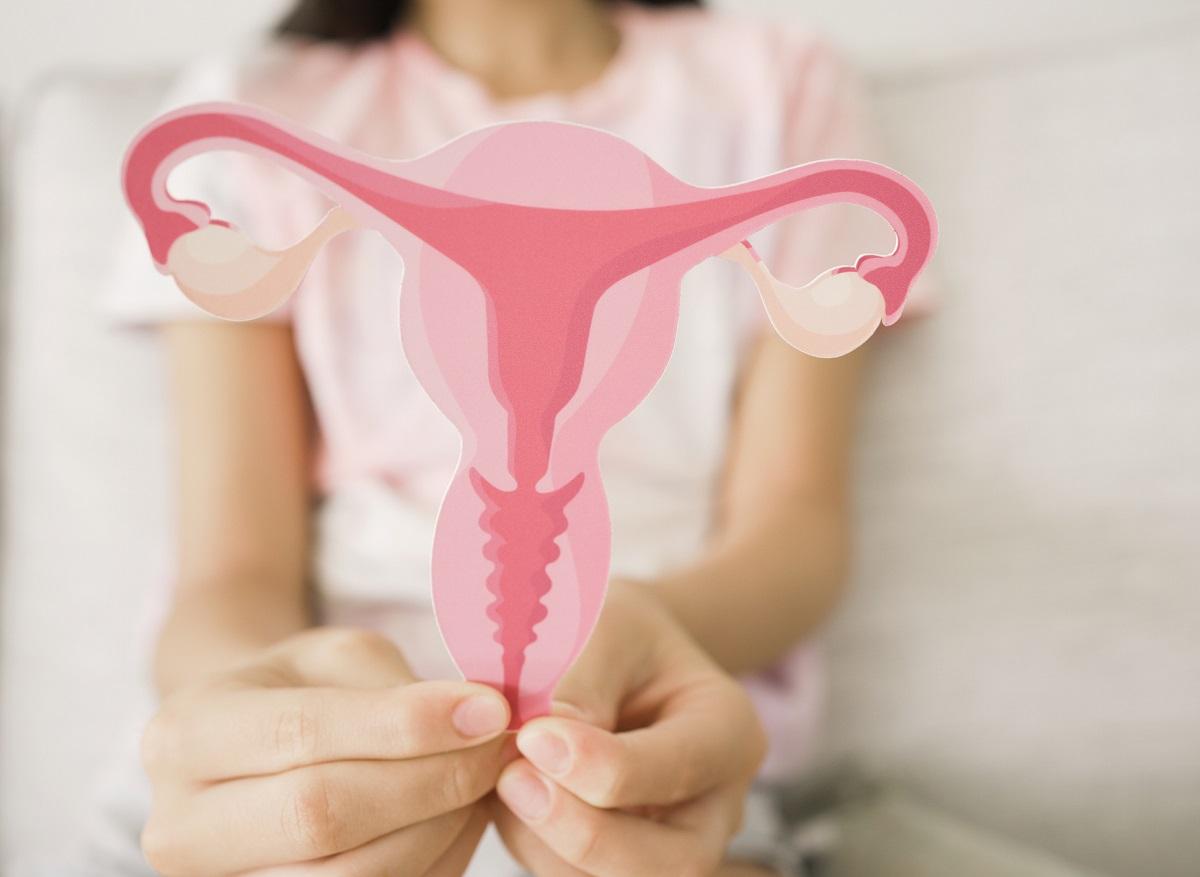Recently, the British company Coexist offers its employees the possibility of time off due to painful periods.

It is perhaps the dream of some women who live very badly this period. The British company Coexist, based in Bristol (England), has decided to set up additional breaks and holidays for its employees during their painful menstrual periods.
To understand this decision, Bex Baxter, one of the leaders of Coexist, explained to the Bristol Post : “I have managed many female employees in recent years and have seen women doubled over because of the pain of their period. Although they are in deep pain, they feel guilty about going home because they dare not define themselves as suffering just because of their period. And that is unfair (…) If a person suffers, whatever the reason, it is important to encourage him to go home ”, she thinks.
Also promote productivity
The objectives are clear: the company wants to increase the well-being of its employees, promote their productivity and above all “break a taboo”. A strategy to be verified because the majority of the personnel of this company is female (17 women out of a workforce of 24 people).
“We said to ourselves that something had to be done (…) Nothing like this has ever been done in England before, or, if it has already been done, it was on a very small scale”, specifies Bex Baxter.
Concretely, it now offers its employees to work at home or to take one or two days of paid leave.
Finally, the company indicates that it has not yet implemented a real “special rules” policy. Before, she wants to open a debate on the subject scheduled for March 15, at a seminar entitled “Commit to a policy of rules: enhancing natural cycles at work”, to which 50 companies have already registered.
According to a study cited by the news site Mashable, 40% of the women questioned say they are “embarrassed” in their work when they are having their period.
As a reminder, menstrual leave already exists in several Asian countries such as Japan, Taiwan, South Korea or Indonesia. Others have started the debate, without success, such as Russia or the United States.
.
















